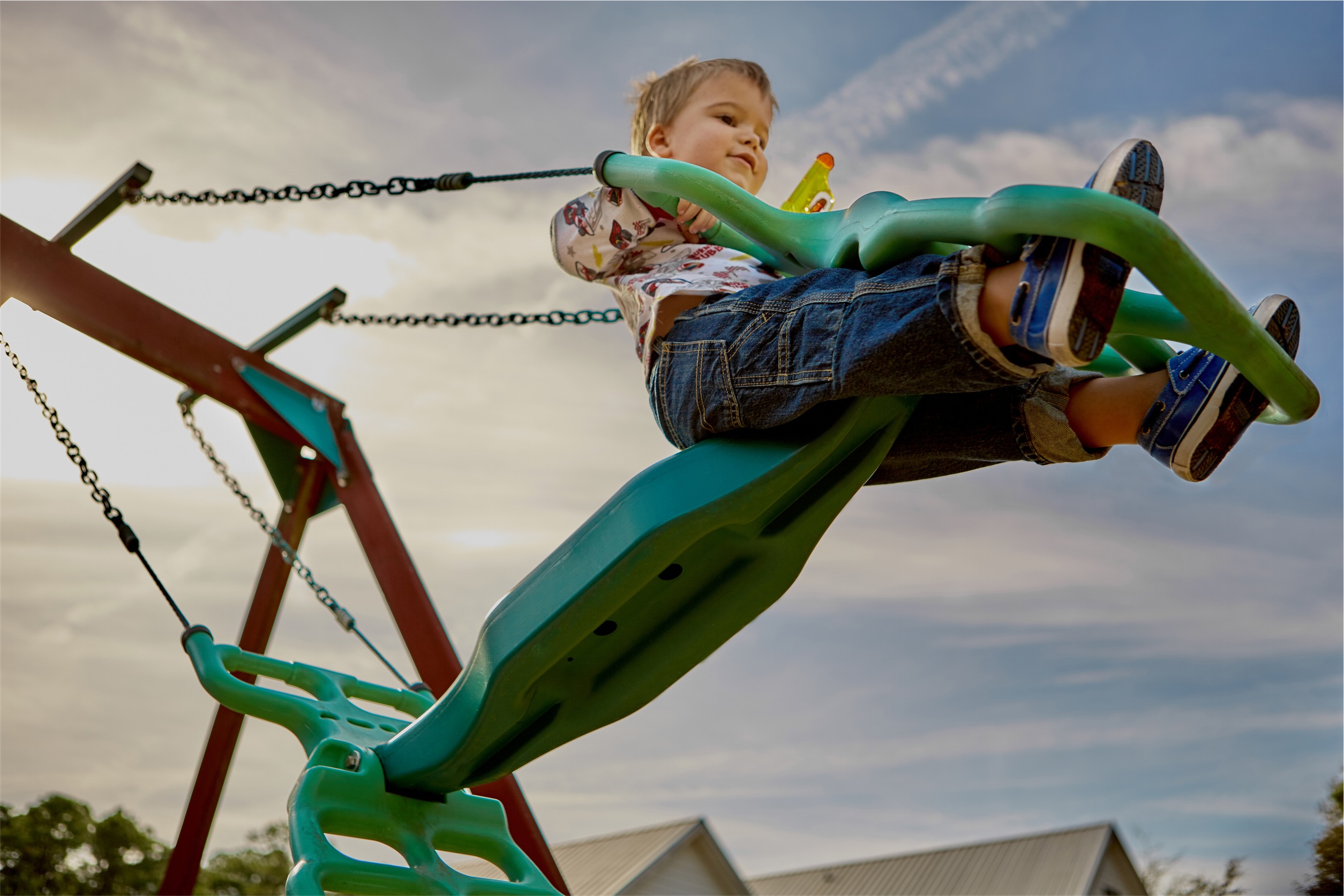Cases of regulating how parental authority is to be exercised is an example of a family proceedings that may be initiated both upon request and ex officio. Parental authority may be the subject to judicial proceedings only in relation to minor children, and the court determines the way in which the parental authority is exercised when parents live separately.
Parental authority in general
If the authority is granted to both parents living separately, a family court may for the sake of the child, determine the manner of its exercise and maintain the form of contacting the child. The family court grants the parental authority to both parents if they present a written agreement on how to perform parental duties and this agreement is in the best interest of the child. Siblings should grow up together, unless the child’s welfare requires a different ruling. In the absence of an agreement, the court, taking into account the right of the child to be brought up by both parents, decide on how the joint parental authority should be exercised and on maintaining contact with the child. The court may entrust the exercise of parental authority to one parent, limiting the parental authority of the second to their specific duties and rights in relation to the person of the child if it is in the best interest of the child.
Court proceedings
The most common ruling is sanctioning the existing facts. Because the court should not interfere in family relationships formed, if the status quo does not contradict the best interests of the child.
As a general rule, courts rule in two ways. The first of these is entrusting the authority to both parents, and in the other the parental authority of one of the parents is limited to certain rights and obligations, and the other parent is left with full parental authority.
If the authority is to be granted to both parents it is necessary to the fulfil certain conditions, namely:
– the joint request of the parents for granting them both parental authority,
– parents present to the court a parental plan, which is a common and consistent agreement on the exercise of the authority and maintaining contact with the child, which must take the written form,
– parental plan does not contradict the best interests of the child.
In the absence of an agreement, the court, taking into account the right of the child to be brought up by both parents, decide on how the joint authority of both parents is to be exercised and on maintaining contact with the child, and may delegate the exercise of the authority to one parent, limiting the parents’ authority of the second to their specific duties and rights in relation to the person of the child and their best interest.

